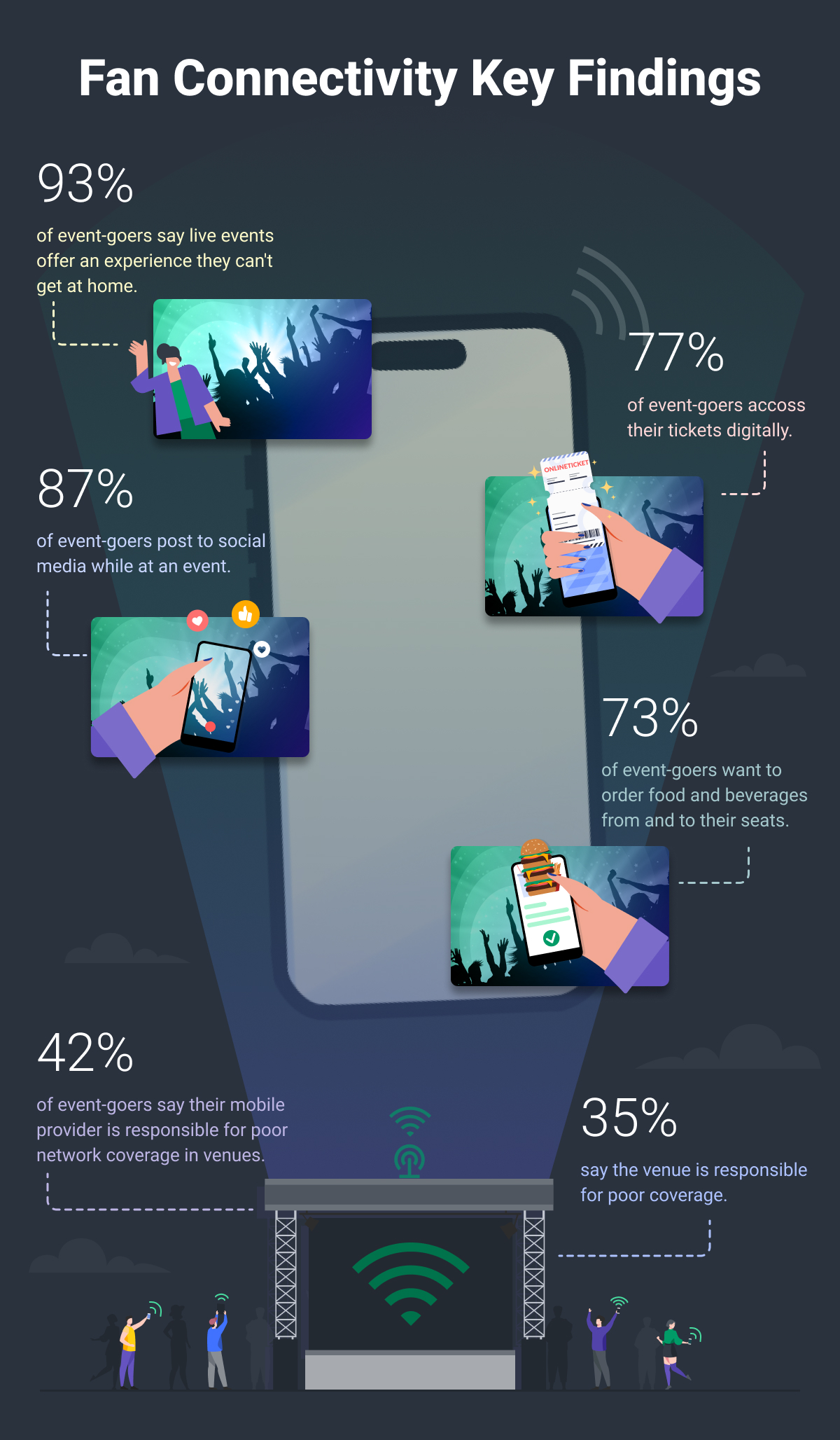
In the world of football, few phenomena have captivated fans quite like the Fantasy Premier League (FPL). What began as a niche pastime has burgeoned into a global obsession, with millions of fans meticulously crafting their fantasy squads to outmaneuver peers and climb the ranks of a fiercely competitive leaderboard. This cultural phenomenon has not only transformed the way fans engage with the sport but has also influenced how they experience the Premier League itself.
At its core, the Fantasy Premier League provides fans with a platform to assume the roles of football tacticians. By selecting players based on form, fixtures, and strategic acumen, FPL managers delve into the intricacies of player performances and team dynamics. The game's allure lies in its simplicity and complexity, allowing players to manage a virtual team of real-life Premier League stars and earn points based on their performances each weekend.
The Cultural Impact of FPL
The impact of FPL extends beyond mere entertainment; it has fundamentally altered fan engagement. Traditional team loyalties are interwoven with personal stakes in individual player performances. A Manchester United fan might find themselves cheering for Mohamed Salah to score against their beloved team because Salah is their fantasy captain that week. This duality creates an intricate web of allegiances that adds a layer of complexity to the fan experience.
This shift in fan behavior is reflected in the words of Nottingham Forest fan Nathan Bannister, who shared with the BBC how FPL has changed his relationship with the game. Bannister, who soared to the top 0.0006% of FPL players worldwide, expressed how he now watches matches with a dual focus: as an FPL manager and a football fan. This sentiment is common among the FPL community, where fans often find themselves supporting players over teams.

Strategic Insights from Top Players
The strategic elements of FPL are not to be underestimated. Top-ranked players employ a blend of statistical analysis, fixture planning, and player form assessment to gain the upper hand. It's a game that rewards those who can predict trends, adapt to injuries, and capitalize on unexpected performances.
A key strategy involves the careful management of the "captain" selection, a player whose points are doubled each week. This decision requires a balance of risk and reward, often involving calculations of player form, team fixtures, and even weather conditions. Successful FPL managers are adept at identifying "differentials," players who are owned by a small percentage of managers but have the potential to score heavily.
The use of chips—special tools that can be activated throughout the season, such as "Triple Captain" or "Bench Boost"—adds an additional layer of strategy. These chips can make or break a season, and top players often save them for double game weeks, where teams play twice, maximizing potential points.
FPL and the Premier League
The symbiotic relationship between FPL and the Premier League is evident. The game's popularity has driven increased viewership and engagement with the league. Fans are no longer passive spectators; they are active participants in the narrative of each match week. This heightened engagement has contributed to the Premier League's global appeal, drawing in fans who might not have otherwise taken an interest in English football.
Moreover, FPL has influenced club support. Fans are more informed about players across the league, leading to a broader appreciation of talent beyond their chosen club. This knowledge enhances discussions around tactics, player form, and transfers, enriching the overall football discourse.
The Future of FPL
Looking ahead, the future of FPL appears bright, with possibilities for further integration of technology and data analytics. As the game evolves, so too will the strategies employed by top managers. Advances in AI and machine learning could offer new tools for player analysis and decision-making, potentially transforming the landscape of fantasy football.
In conclusion, the Fantasy Premier League is more than just a game; it's a cultural phenomenon that has reshaped the footballing landscape. Its impact on fan engagement, strategic depth, and the global reach of the Premier League is profound. As FPL continues to grow, it will undoubtedly remain an integral part of the football experience, captivating fans and challenging them to think like managers week after week.